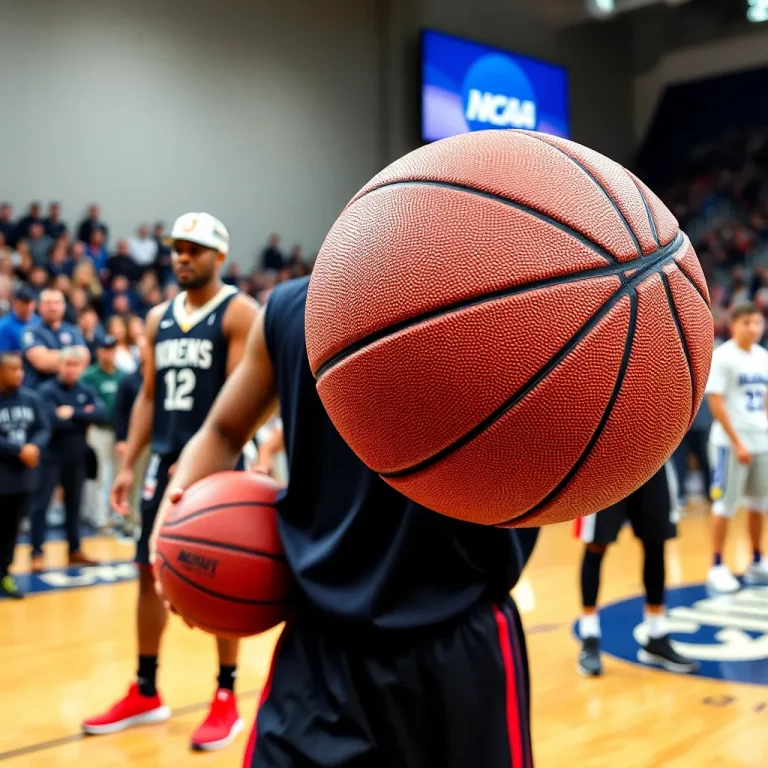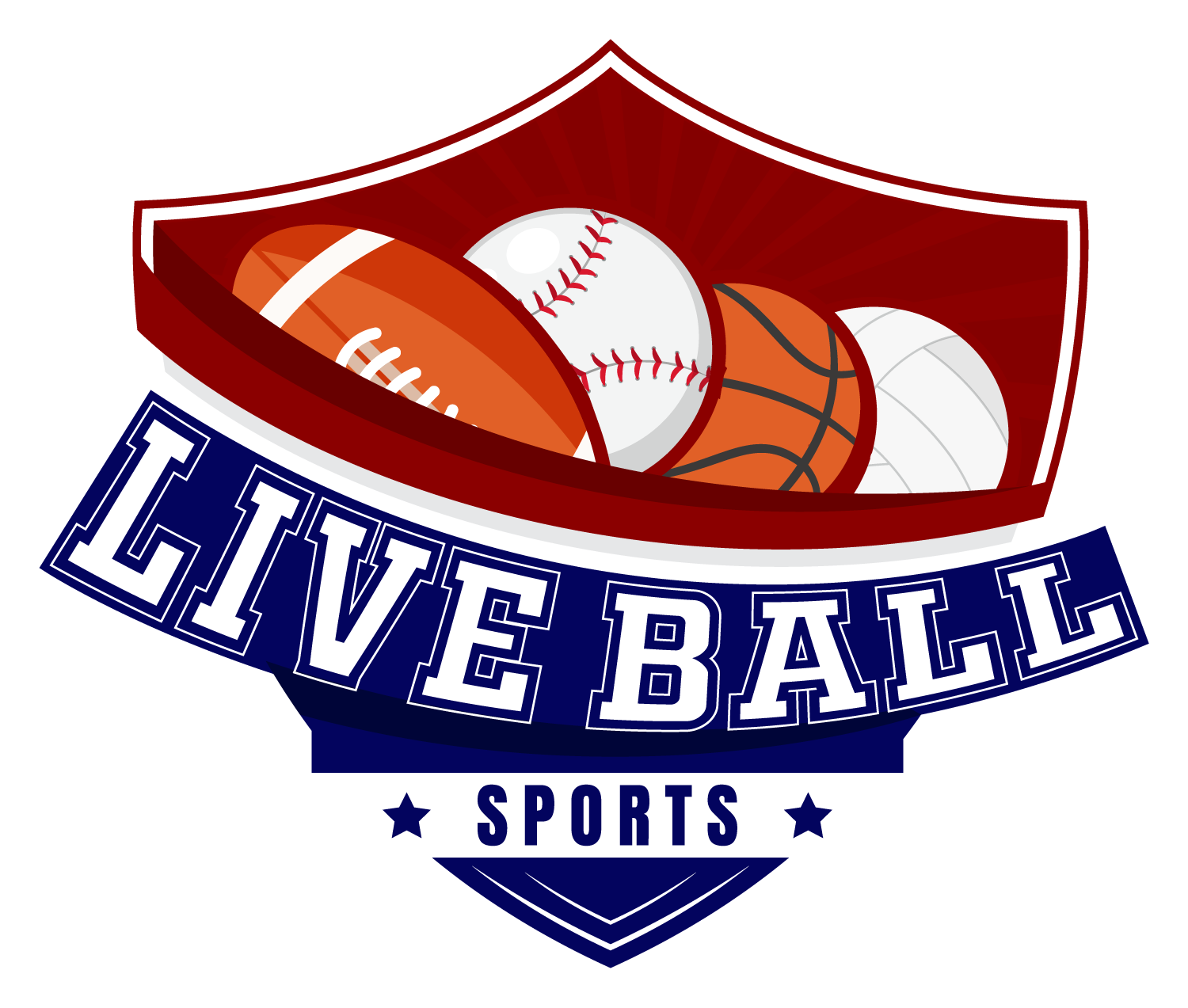Washington, D.C. – Players’ associations for major sports leagues, including the NFL, NBA, MLB, NHL, and MLS, joined forces on Monday to call on Congress to turn down a proposed bill aimed at giving the NCAA and its members an antitrust exemption to deal with Name, Image, and Likeness (NIL) issues. This collective statement was made in response to the Student Compensation and Opportunity through Rights and Endorsements (SCORE) Act, which was recently introduced by some members of the House Energy and Commerce Committee. A markup of the bill is set to occur on Tuesday morning.
In their letter, the players’ associations expressed their concerns, stating that granting an antitrust exemption would allow the NCAA to “collude to harm athletes.” They emphasized that any progress athletes have made was due to their ability to utilize antitrust laws, and removing that option would severely limit their rights.
The SCORE Act, which has support from seven Republican and two Democratic sponsors, stops athletes from being classified as employees, while also aligning closely with many conditions from a recent settlement involving the NCAA. Although it aims to ease certain restrictions on athletes’ NIL compensation, it permits schools and conferences to dictate what is acceptable.
If the legislation is approved, it would override existing NIL laws that vary from state to state. Concerns have already been voiced by two members of Congress from Washington, who called for a delay on the markup until significant changes are made to address issues they believe the bill presents. They argue that it primarily benefits wealthy conferences and narrows competition.
Previous endorsements for the SCORE Act have come from all Power 5 conferences, stating that in the absence of federal guidelines, student-athletes and schools have been left to deal with a confusing regulatory landscape for far too long. They view the SCORE Act as a much-needed step toward establishing clear standards in college athletics.
The NCAA has indicated progress toward improving the welfare of student-athletes, with recent initiatives to enhance health benefits and adopt a revenue-sharing model for Division I programs. However, they believe that additional changes must come from Congress. The NCAA’s senior vice president mentioned that the SCORE Act reflects the priorities of many student-athletes while reinforcing a commitment to creating a bipartisan solution for the future of college sports.
The players’ associations warned that the NCAA should not receive a blank check to control the financial well-being of over 500,000 college athletes. Currently, only railroads and Major League Baseball hold antitrust exemptions, setting a precedent that many believe should not apply to the NCAA.



